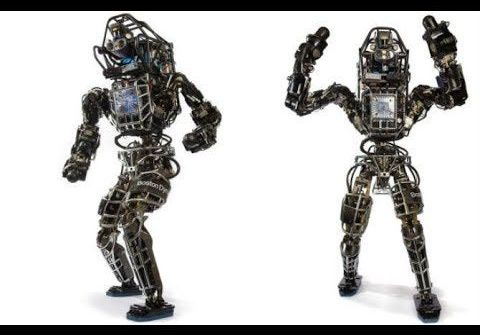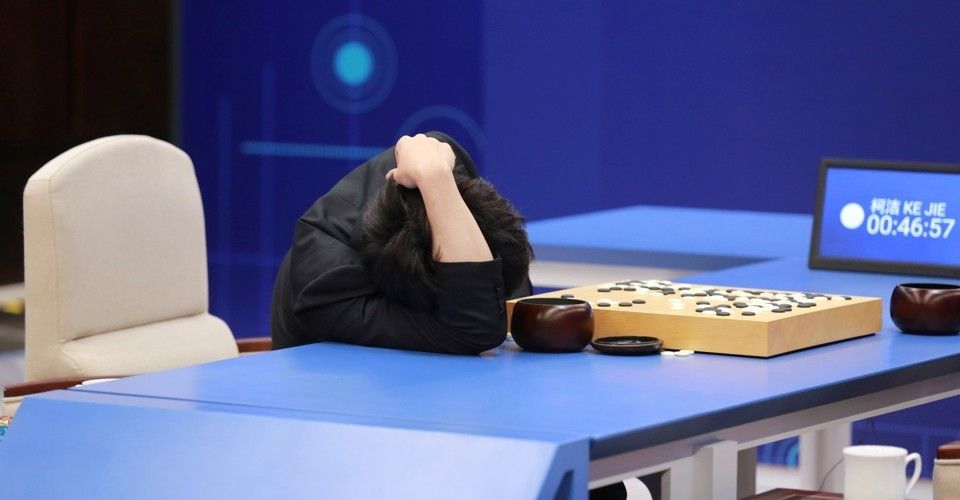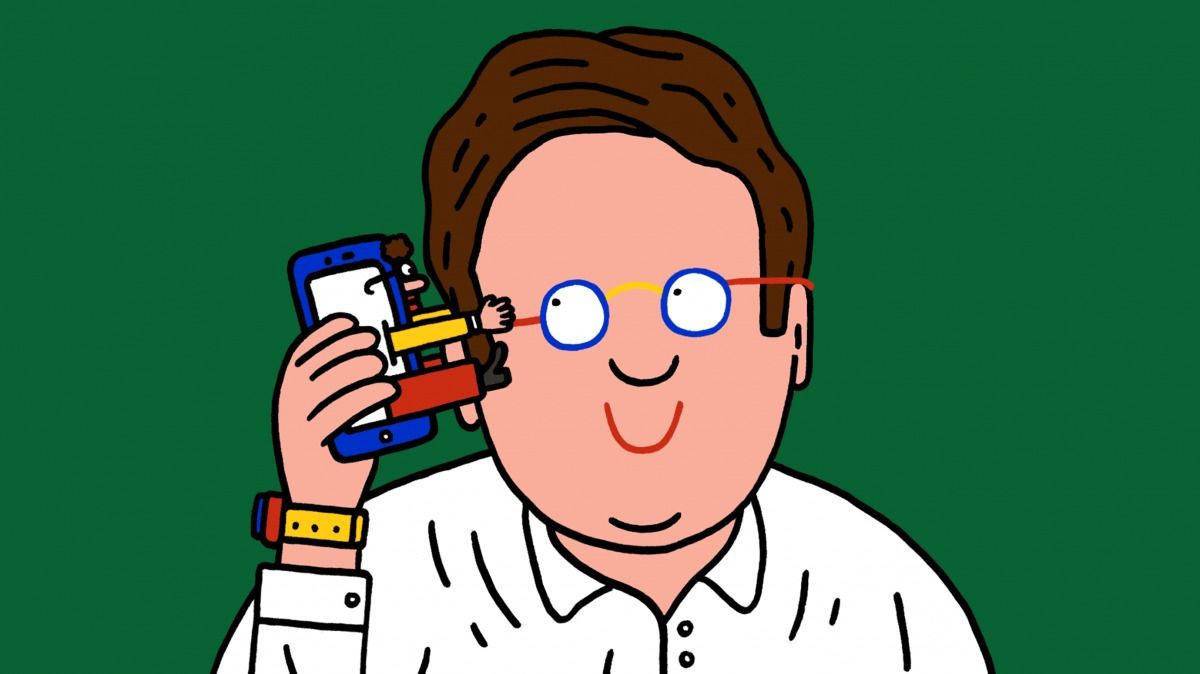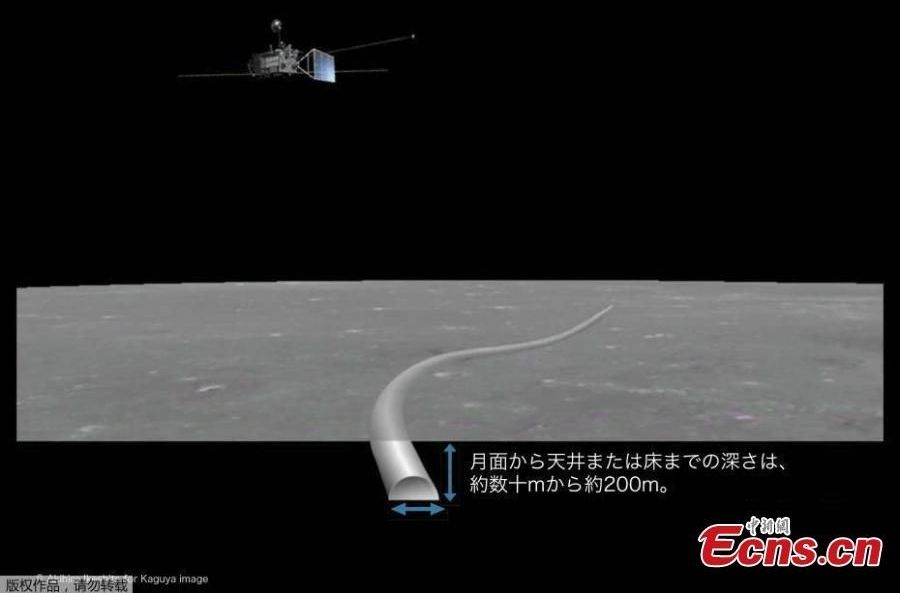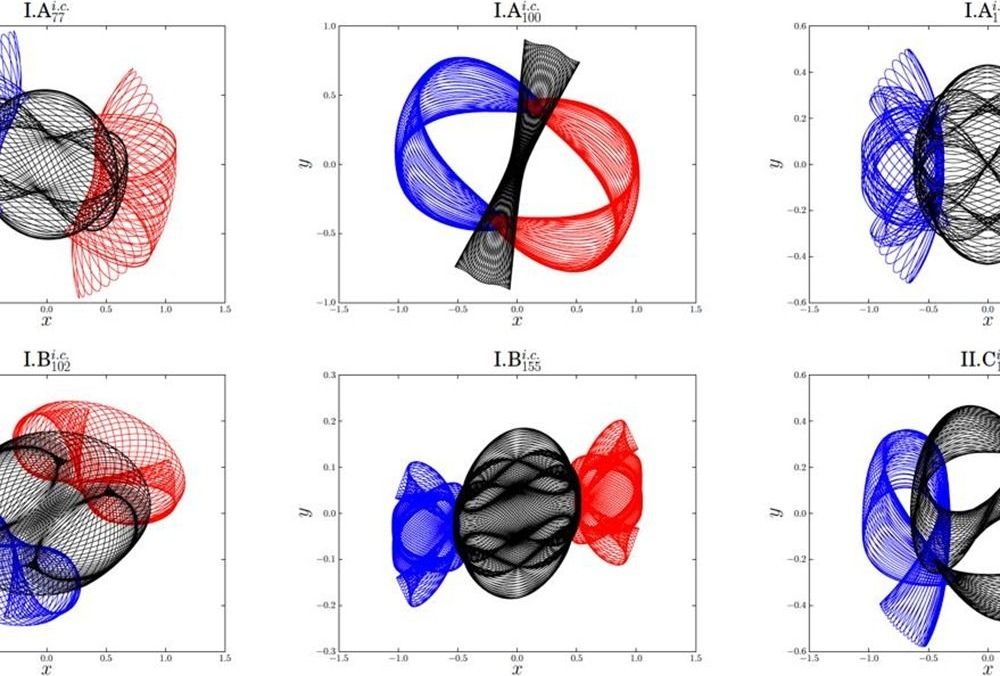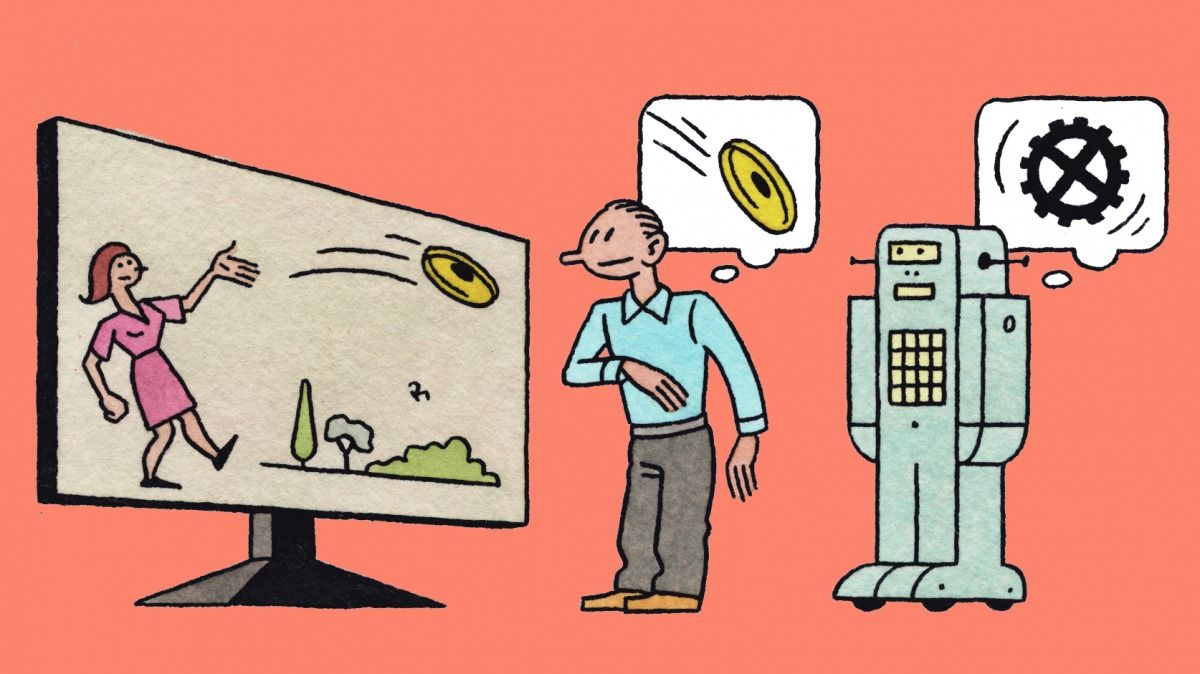Page 10072
Oct 20, 2017
The AI That Has Nothing to Learn From Humans
Posted by Sean Cusack in category: robotics/AI
DeepMind’s new self-taught Go-playing program is making moves that other players describe as “alien” and “from an alternate dimension.”
It was a tense summer day in 1835 Japan. The country’s reigning Go player, Honinbo Jowa, took his seat across a board from a 25-year-old prodigy by the name of Akaboshi Intetsu. Both men had spent their lives mastering the two-player strategy game that’s long been popular in East Asia. Their face-off, that day, was high-stakes: Honinbo and Akaboshi represented two Go houses fighting for power, and the rivalry between the two camps had lately exploded into accusations of foul play.
Little did they know that the match—now remembered by Go historians as the “blood-vomiting game”—would last for several grueling days. Or that it would lead to a grisly end.
Continue reading “The AI That Has Nothing to Learn From Humans” »
Oct 20, 2017
Your computer has no idea what you’re feeling—that needs to change
Posted by Gerard Bain in category: robotics/AI
A View from Rana el Kaliouby
We Need Computers with Empathy
An emerging trend in artificial intelligence is to get computers to detect how we’re feeling and respond accordingly. They might even help us develop more compassion for one another.
Continue reading “Your computer has no idea what you’re feeling—that needs to change” »
Oct 20, 2017
Why Eradicating Age-related Disease Could Benefit You and Your Family
Posted by Steve Hill in categories: biotech/medical, life extension
The benefits of rejuvenation biotechnology to end age-related diseases could go beyond just the individual.
As I wrote in a different article, rejuvenation biotechnology promises a range of benefits for individuals. Lest anyone thinks that’s all rejuvenation has to offer, I reckon it’s worth discussing other ways that this technology would benefit larger groups of people—namely, your friends and family. If you are rejuvenated, that’s all good for you, but is there anything good coming out of it for your dear ones? Oh, yes.
Two burdens relieved with a single shot
Continue reading “Why Eradicating Age-related Disease Could Benefit You and Your Family” »
Oct 20, 2017
Bootstrapping the Solar System Economy
Posted by Klaus Baldauf in categories: economics, robotics/AI, space travel
Centauri Dreams returns with an essay by long-time contributor Alex Tolley. If we need to grow a much bigger economy to make starships possible one day, the best way to proceed should be through building an infrastructure starting in the inner Solar System and working outward. Alex digs into the issues here, starting with earlier conceptions of how it might be done, and the present understanding that artificial intelligence is moving at such a clip that it will affect all of our ventures as we transform into a truly space-faring species. Under the microscope here is a company called SpaceFab, as Alex explains below, and the potential of ISRU — in situ resource utilization. Emerging out of all this is a new model for expansion.
by Alex Tolley

Oct 20, 2017
The scientists trying to find the “cure” for old age
Posted by Derick Lee in categories: biotech/medical, cryonics, life extension
Izpisúa, Blasco, De Grey, and Magalhães meet in Madrid at the end of summer at the first “International Longevity and Cryopreservation Summit.” The conference lasts two days and is held in the CSIC, attracting prominent scientists, futurists and freaks, as conference organizer and Vidaplus President Txetxu Mazuelas, refers to them. The scientific world and the futuristic world inevitably clash. One of the most heated debates is on the cryopreservation of human beings – a kind of plan B that puts humans on ice while they work out the secret to eternal life.
Could we live to 140? 1,000? Is there a limit? Scientific research into extending the human lifespan is being backed by Silicon Valley giants such as Google and Facebook.
Oct 20, 2017
Stevia Kills Lyme Disease Pathogen Better Than Antibiotics (Preclinical Study)
Posted by Ian Hale in category: biotech/medical
Lyme disease is exceedingly difficult to treat, due to its well-known shape-shifting (pleomorphic) abilities, with conventional antibiotics often failing to produce a long-term cure. Could the commonly used natural plant Stevia provide a safer, and more effective means to combat this increasingly prevalent infection?
A promising new preclinical study has revealed that whole stevia leaf extract possesses exceptional antibiotic activity against the exceedingly difficult to treat pathogen Borrelia Burgdorferi known to cause Lyme disease. The study found.
Oct 19, 2017
Huge 50km-long cave discovered on the Moon
Posted by Brett Gallie II in category: space
Japanese scientists discover 50km-long cave beneath #moon’s surface http://bit.ly/2ipl0mx @JAXA_en
Ecns.cn is the official English-language website of China News Service (CNS), a state-level news agency sponsored and established by Chinese journalists and renowned overseas Chinese experts on October 1, 1952.As an English-language website, Ecns.cn aims to provide all aspects of online news, including in-depth coverage, feature stories and visual content, with topics such as current events, art, lifestyle, people and travel.
Oct 19, 2017
How Chinese scientists used a supercomputer to solve the ancient puzzle called the Three Body Problem
Posted by Mark Larkento in categories: climatology, space, supercomputing
“Scientists and philosophers… had always assumed that the world worked by physical laws, and if you could measure initial conditions accurately enough, those laws would let you predict the future indefinitely. As James Gleick described it in his book Chaos: Making a New Science, this view was very wrong.”
“There was always one small compromise, so small that working scientists usually forgot it was there, lurking in a corner of their philosophies like an unpaid bill. Measurements could never be perfect,” he wrote. “Scientists marching under Newton’s banner actually waved another flag that said something like this: Given an approximate knowledge of a system’s initial conditions and an understanding of natural law, one can calculate the approximate behaviour of the system. This assumption lay at the philosophical heart of science.”
“Today we know how wrong this assumption was. The Three Body Problem is now recognized as a classic example of a chaotic system. Like the butterfly that causes a hurricane by flapping its wings, it is exquisitely sensitive to initial conditions. The tiniest tweak can have massive consequences down the line.”
Oct 19, 2017
Robotics pioneer Rodney Brooks debunks AI hype seven ways
Posted by Josef Koch in categories: futurism, robotics/AI
Mistaken extrapolations, limited imagination, and other common mistakes that distract us from thinking more productively about the future.
